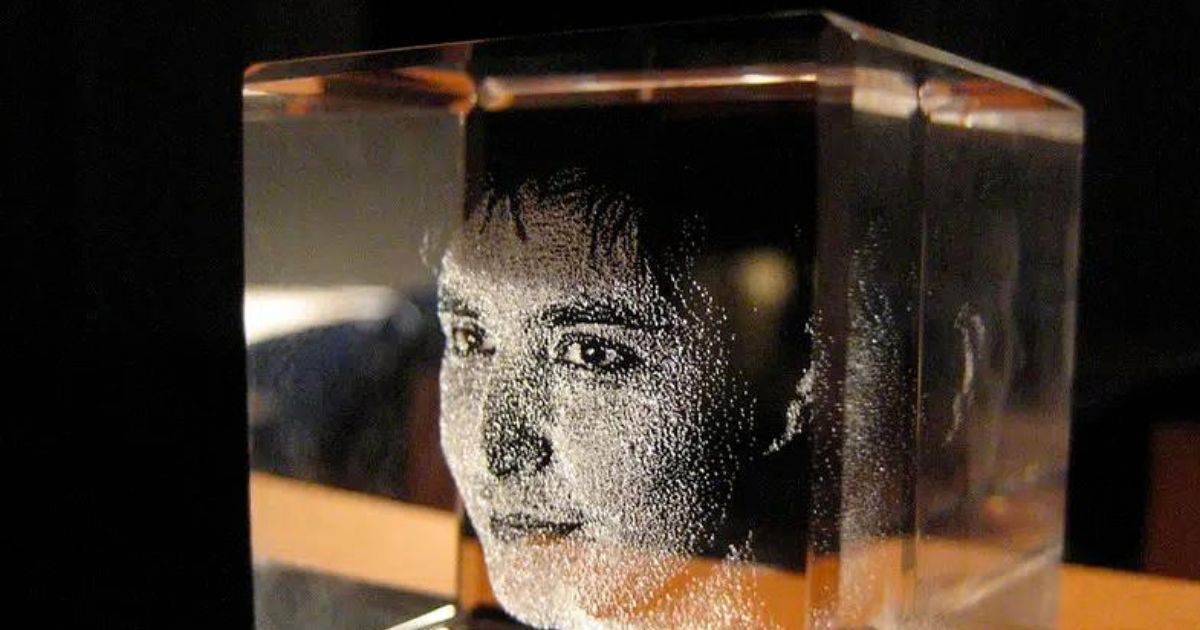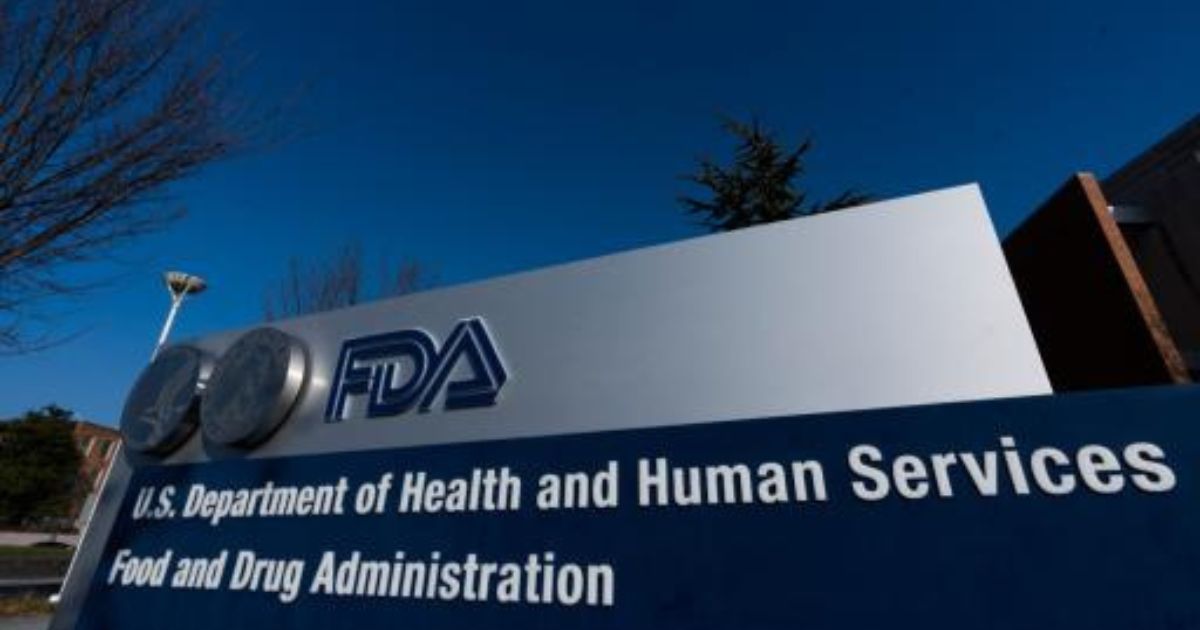In the ever-evolving landscape of artificial intelligence (AI), a novel concept has emerged, stirring both fascination and concern among experts. Dubbed AI ghosts, these virtual entities hold the potential to blur the lines between reality and the digital realm, prompting warnings about their potential impact on mental health.
Nigel Mulligan, an assistant professor of psychotherapy at Dublin City University, has raised significant concerns about the implications of AI ‘ghosts’ on individuals’ well-being, particularly those who are grieving. In a recent commentary, Mulligan delves into the complex interplay between technology and human emotion, shedding light on the potential pitfalls of resurrecting departed loved ones through AI avatars.
The allure of reconnecting with deceased individuals in a virtual realm may offer a semblance of solace for many grappling with loss and grief.
However, Mulligan warns that this technological advancement could exacerbate existing emotional distress, leading to a myriad of psychological repercussions. From confusion and stress to sadness and anxiety, the prospect of interacting with AI ‘ghosts’ poses a multifaceted threat to mental health.
The advent of sophisticated AI algorithms, coupled with deep fake technology, enables the creation of eerily lifelike digital replicas of the departed. Drawing upon a wealth of digital data, including photos, emails, and videos, these AI ‘ghosts’ blur the boundaries between the past and the present, challenging conventional notions of mourning and closure.
AI Ghosts – Not Therapeutic
While the notion of engaging with AI ‘ghosts’ may initially appear therapeutic, Mulligan warns against the potential pitfalls of relying on such technology as a crutch for emotional support. Research published in Ethics and Information Technology advocates for caution, suggesting that excessive reliance on AI ‘ghosts’ could impede the natural grieving process, exacerbating feelings of emotional dependency and detachment.
The grieving process, as Mulligan elucidates, is a nuanced journey characterized by its gradual unfolding over time. From the initial stages of intense remembrance to the eventual acceptance of loss, individuals navigate a complex terrain of emotions intertwined with memories of their departed loved ones. The introduction of AI ‘ghosts’ threatens to disrupt this delicate equilibrium, potentially derailing the healing process and exacerbating feelings of grief and longing.
Drawing parallels to the insights of renowned psychoanalyst Sigmund Freud, Mulligan highlights the intricacies of coping with loss in the face of unresolved emotions and traumatic experiences. Freud’s concept of “melancholia,” or “complicated grief,” resonates deeply in the context of AI ‘ghosts,’ as individuals grapple with the complexities of reconciling their emotions with the digital manifestations of their departed loved ones.
Moreover, the specter of hallucinations looms large, as AI ‘ghosts’ blur the boundaries between reality and illusion, prompting individuals to question the veracity of their perceptions.
For those already navigating the treacherous terrain of complicated grief, the introduction of AI ‘ghosts’ may exacerbate existing psychological distress, amplifying feelings of confusion, isolation, and disconnection from reality.
As society grapples with the ethical and psychological implications of AI ‘ghosts,’ experts urge caution and mindfulness in navigating this uncharted territory. While the allure of reconnecting with departed loved ones may be tantalizing, the potential consequences for mental health and emotional well-being cannot be overlooked.
In the quest for technological innovation, preserving the sanctity of human emotion and the integrity of the grieving process must remain paramount.








Leave a Reply
You must be logged in to post a comment.